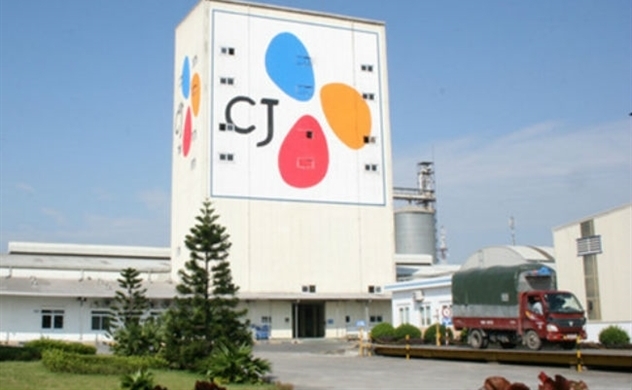 |
| While South Korean companies are showing growing interest in Vietnam, they need to be made aware of the risks |
According to the latest report by Korea International Trade Association (KITA), a growing number of South Korean companies are relocating to Vietnam in a bid to diversify supply post pandemic and reduce impact from the US-China trade disputes. However, the market also poses trade and market risks as an alternative production base to China.
There has been a growing trend of South Korean investments and exports to Vietnam. Vietnam has been the third-largest export market for South Korea behind China and the United States. In 2020, around 3,324 and 2,233 South Korean companies were doing business in Vietnam and China, respectively.
In Vietnam, South Korea was the second-largest foreign investor in Vietnam last year with the total registered capital of over $3.95 billion, behind Singapore, according to the Ministry of Planning and Investment.
However, Vietnam is now subject to the growing number of import regulations targeting "Made in Vietnam" products. In 2020 alone, 21 anti-dumping and six countervailing duty investigations were initiated against Vietnam.
The report also points another burden for Vietnam is its non-market economy status (NME), which means it is more vulnerable to dumping determinations and subject to higher dumping margins. The US and the EU have designated NMEs in accordance with their laws and applied Adverse Facts Available and NME rates to NME companies that have failed to prove their independence in relation to their governments.
The US have conducted eight countervailing duty investigations against Vietnam to impose countervailing duties in six cases. With more and more products made in China being exported via third countries in order to avoid trade restrictions, Vietnam had to face US and EU investigations.
Furthermore, the relocation wave has put more pressure on infrastructure like growing rent prices at industrial zones and overloaded container traffic.
“South Korean companies in Vietnam need to work more closely together with local partner firms, formulate raw material and component procurement plans against anti-dumping investigations, and prepare to prove their independence in relation to the Vietnamese government with regard to the NME rates,” KITA advised.

 Tag:
Tag:




















 Mobile Version
Mobile Version